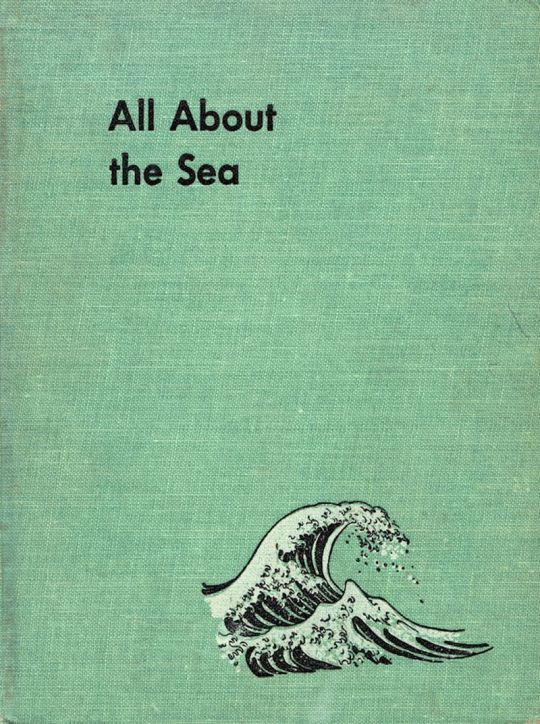#Fritz Kredel
Explore tagged Tumblr posts
Text
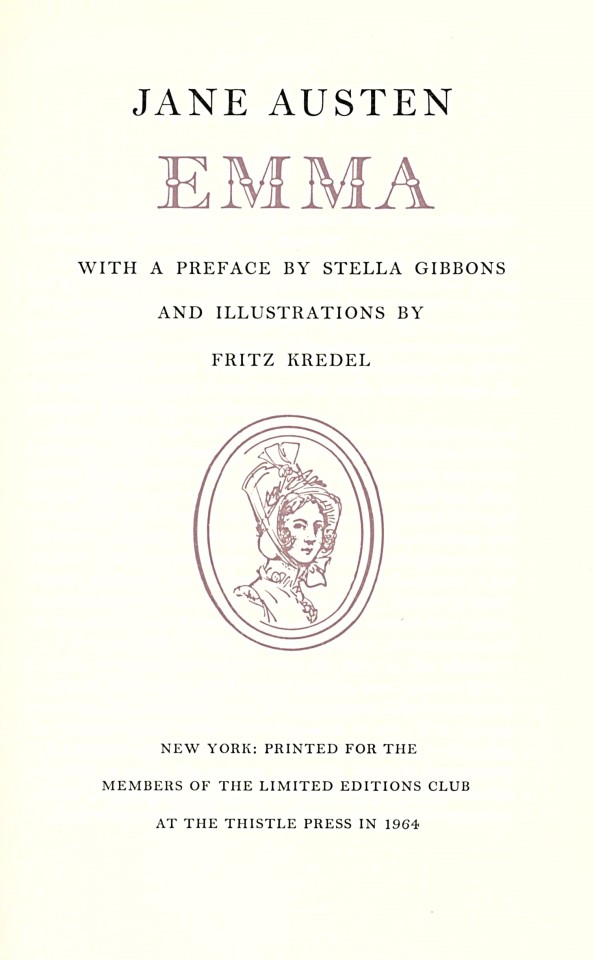
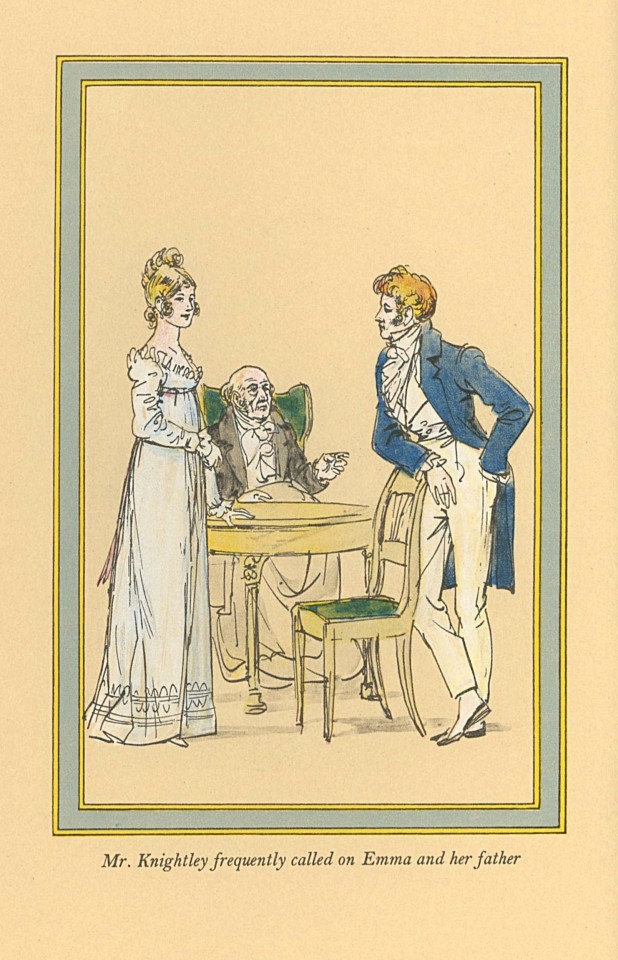
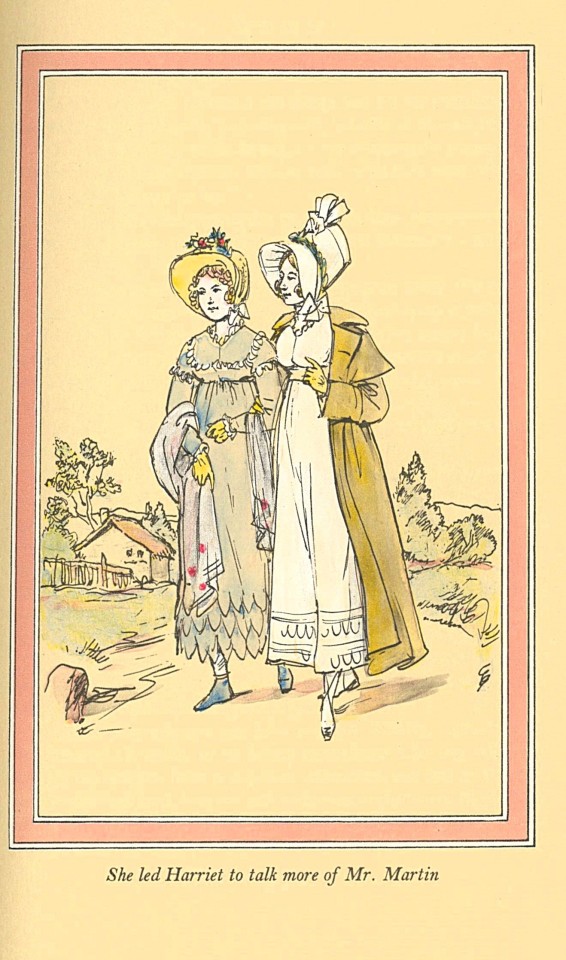
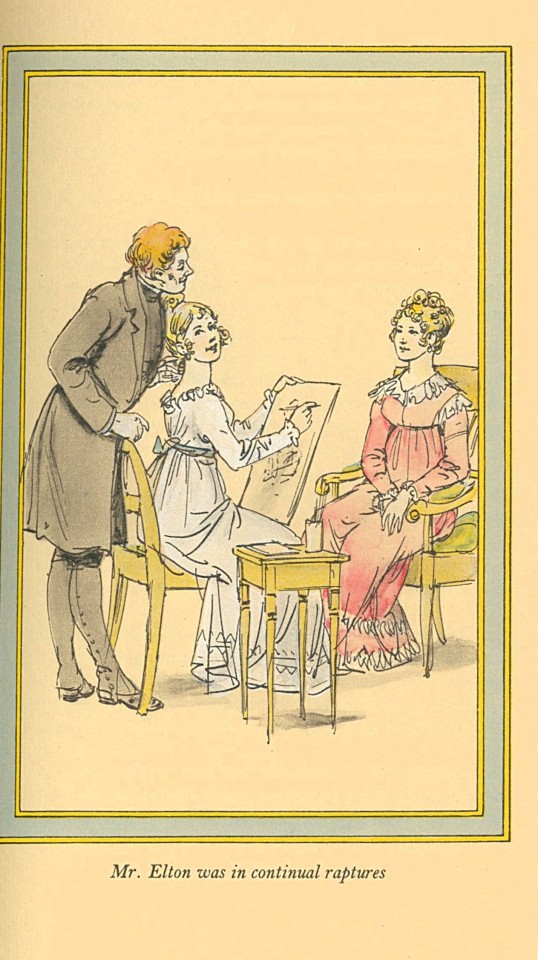
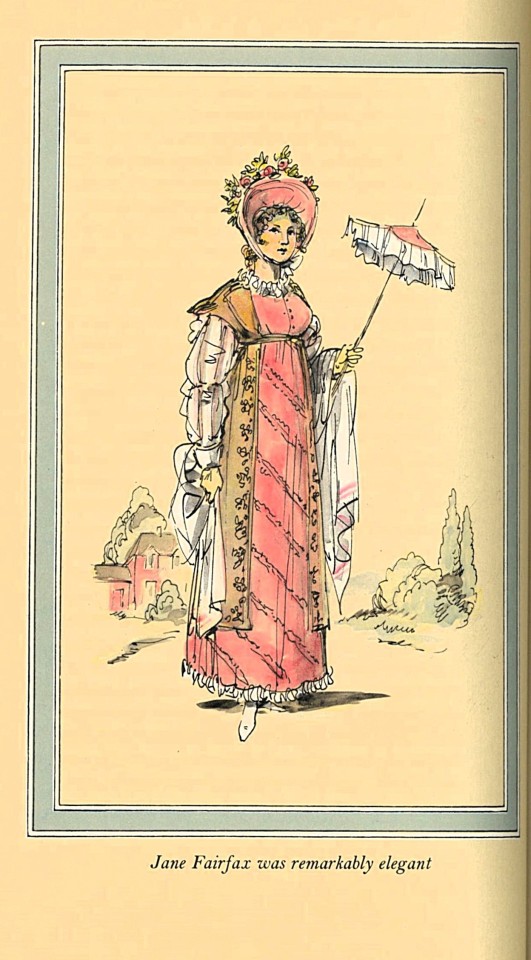
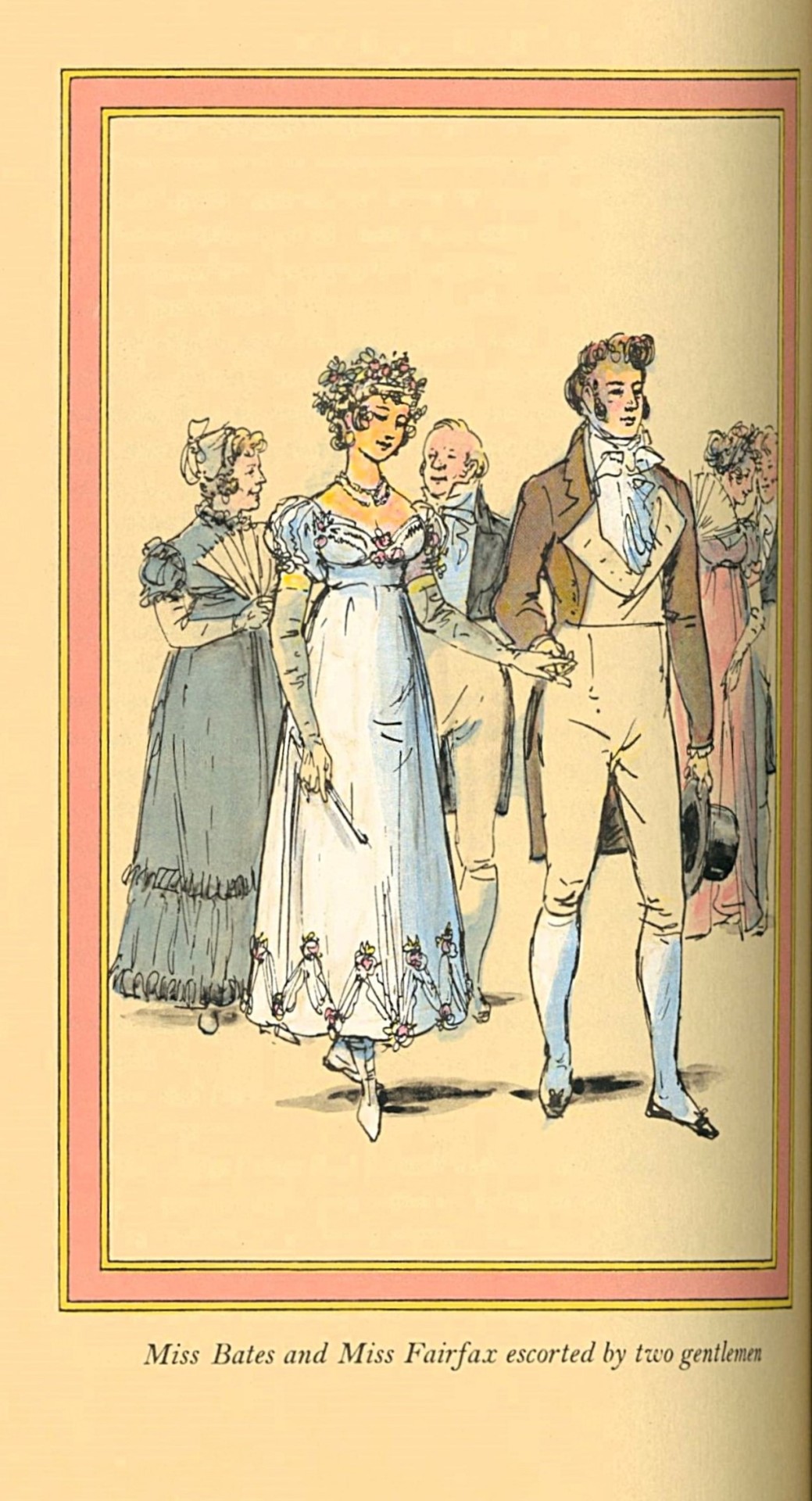
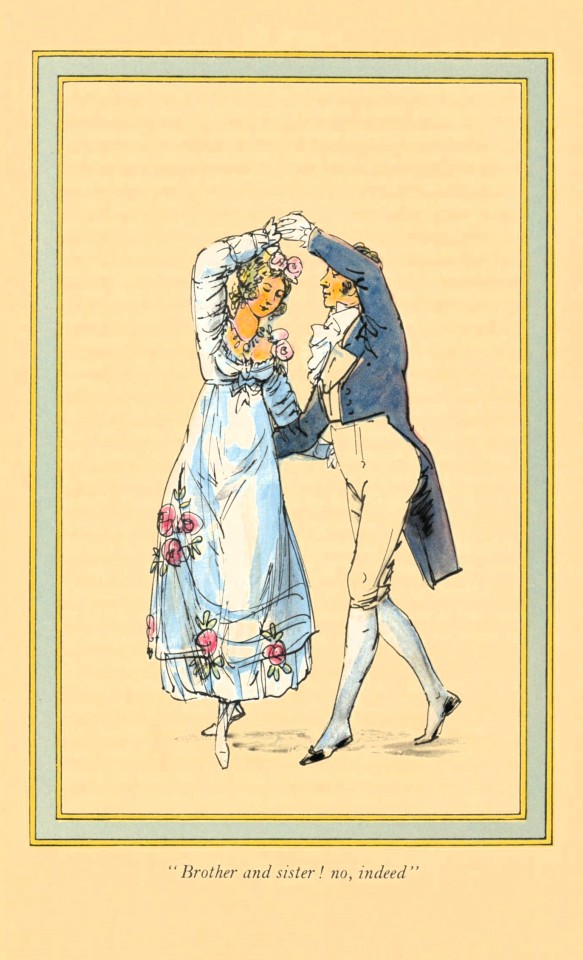
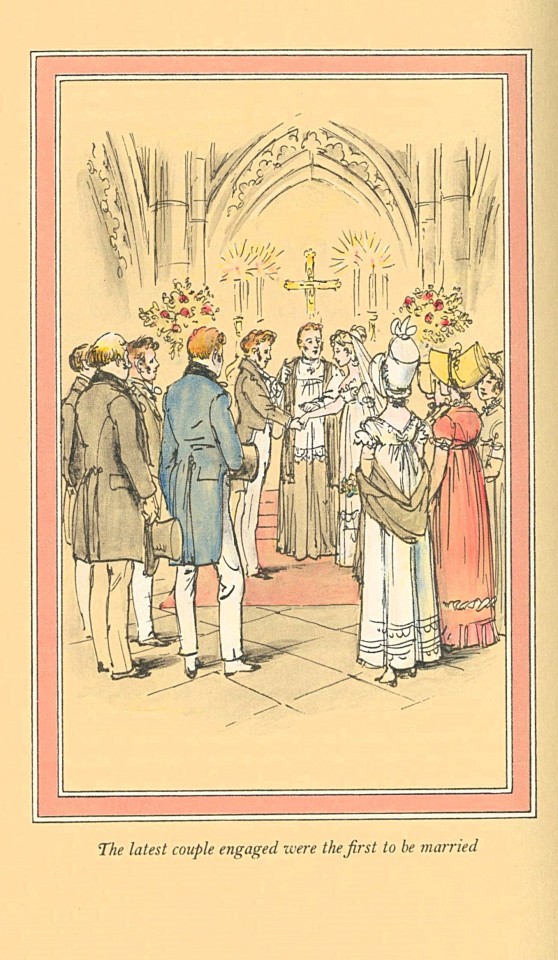
Milestone Monday
Emma’s Entanglements
On this date, December 23 in 1815, John Murray first published Emma by Jane Austen (anonymously) in London, although the title page is dated 1816. Murray offered her 450 pounds for the copyright to the novel, plus the copyrights to Mansfield Park and Sense and Sensibility, which she refused. Instead, she published 2,000 copies of the novel at her own expense and retained the copyright, paying Murray a 10% commission on sales of the edition.
The story revolves around Emma Woodhouse, a young woman who fancies herself a matchmaker and is determined to oversee the romantic lives of those around her, often with humorous and unintended consequences.
The novel explores themes of social class, relationships, and the complexities of human behavior, showcasing Austen's keen observations of character and society. Emma is notable for its use of free indirect speech, a narrative style that allows readers to get inside a character's thoughts while maintaining a third-person perspective.
Often praised for its wit and character development, Emma is considered one of Austen's most accomplished works and has inspired numerous adaptations and reinterpretations in various media.
The images shown here come from Jane Austen’s Emma, with a preface by English author and poet Stella Gibbons (1902-1989) and illustrations in photogravure by the German American artist and designer Fritz Kredel (1900-1973), printed for the Limited Editions Club at the Thistle Press in New York in 1964 and limited to an edition of 1500 signed by the artist.
-View more of our Milestone Monday posts here.
-Melissa, Special Collections Graduate Intern
#Milestone Monday#milestones#jane austen#emma#emma woodhouse#john murray#stella gibbons#fritz kredel#photogravure#thistle press#limited editions club#relationships#matchmaking#love#human behaviour#romance
39 notes
·
View notes
Text

"Regular Infantry, 1814": a 1950s print by Fritz Kredel depicting a Sergeant, 32nd Regiment and Private, 6th Regiment of the U.S. Army.
#war of 1812#military history#napoleonic#uniforms#dressed to kill#fritz kredel#us army#infantry#1814#flintlock
11 notes
·
View notes
Text
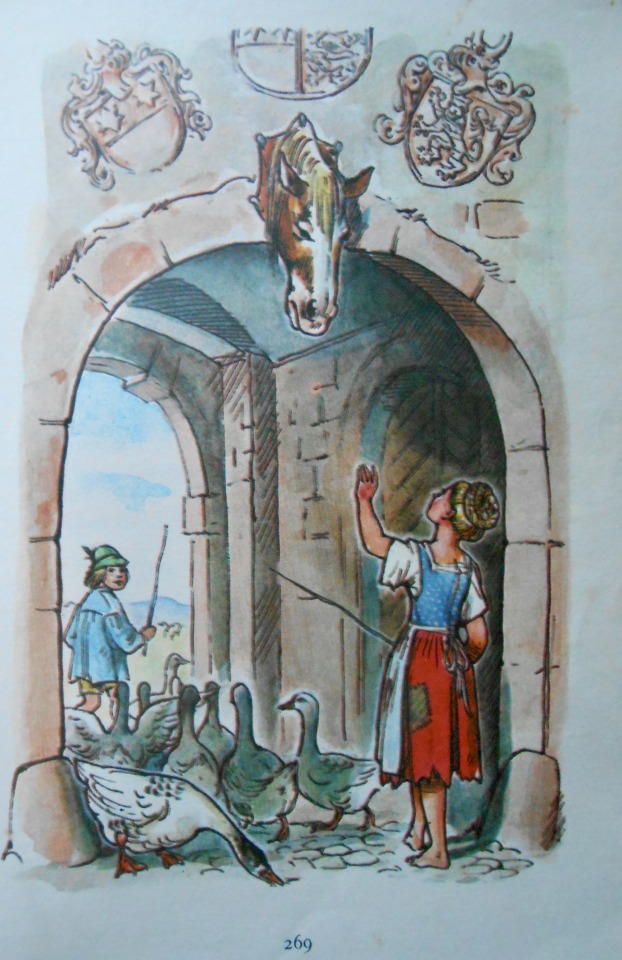
The Goose Girl
"If your mother only knew, her heart would surely break in two."
0 notes
Text
FIFTH STORY: THE LITTLE ROBBER GIRL
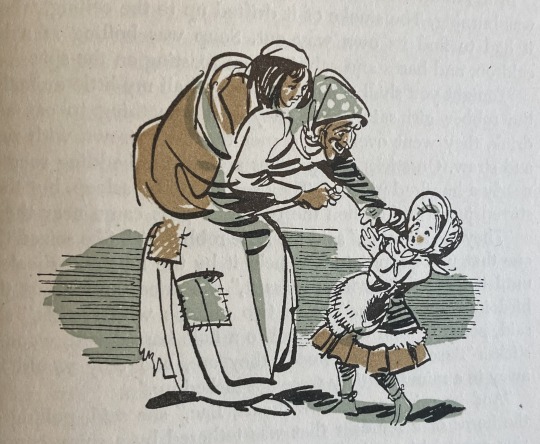
(Over the next seven weeks, I’ll be posting both the text of the Snow Queen, and my thoughts on it. This is the text of the fifth section. All text comes from the public domain translation of Andersen’s works edited by J. H. Stickney and published in 1886. Today's illustration is from Fritz Kredel.)
The coach drove on through a thick forest, where it lighted up the way like a torch and dazzled the eyes of some robbers, who could not bear to let it pass them unmolested.
"It is gold! it is gold!" cried they, rushing forward and seizing the horses. Then they struck dead the little jockeys, the coachman, and the footman, and pulled little Gerda out of the carriage.
"She is plump and pretty. She has been fed with the kernels of nuts," said the old robber woman, who had a long beard, and eyebrows that hung over her eyes. "She is as good as a fatted lamb; how nice she will taste!" and as she said this she drew forth a shining knife, that glittered horribly. "Oh!" screamed the old woman at the same moment, for her own daughter, who held her back, had bitten her in the ear. "You naughty girl," said the mother, and now she had not time to kill Gerda.
"She shall play with me," said the little robber girl. "She shall give me her muff and her pretty dress, and sleep with me in my bed." And then she bit her mother again, and all the robbers laughed.
"I will have a ride in the coach," said the little robber girl, and she would have her own way, for she was self-willed and obstinate.
She and Gerda seated themselves in the coach and drove away over stumps and stones, into the depths of the forest. The little robber girl was about the same size as Gerda, but stronger; she had broader shoulders and a darker skin; her eyes were quite black, and she had a mournful look. She clasped little Gerda round the waist and said:
"They shall not kill you as long as you don't make me vexed with you. I suppose you are a princess."
"No," said Gerda; and then she told her all her history and how fond she was of little Kai.
The robber girl looked earnestly at her, nodded her head slightly, and said, "They shan't kill you even if I do get angry with you, for I will do it myself." And then she wiped Gerda's eyes and put her own hands into the beautiful muff, which was so soft and warm.
The coach stopped in the courtyard of a robber's castle, the walls of which were full of cracks from top to bottom. Ravens and crows flew in and out of the holes and crevices, while great bulldogs, each of which looked as if it could swallow a man, were jumping about; but they were not allowed to bark.
In the large old smoky hall a bright fire was burning on the stone floor. There was no chimney, so the smoke went up to the ceiling and found a way out for itself. Soup was boiling in a large cauldron, and hares and rabbits were roasting on the spit.
"You shall sleep with me and all my little animals to-night," said the robber girl after they had had something to eat and drink. So she took Gerda to a corner of the hall where some straw and carpets were laid down. Above them, on laths and perches, were more than a hundred pigeons that all seemed to be asleep, although they moved slightly when the two little girls came near them. "These all belong to me," said the robber girl, and she seized the nearest to her, held it by the feet, and shook it till it flapped its wings. "Kiss it," cried she, flapping it in Gerda's face.
"There sit the wood pigeons," continued she, pointing to a number of laths and a cage which had been fixed into the walls, near one of the openings. "Both rascals would fly away directly, if they were not closely locked up. And here is my old sweetheart 'Ba,'" and she dragged out a reindeer by the horn; he wore a bright copper ring round his neck and was tethered to the spot. "We are obliged to hold him tight too, else he would run away from us also. I tickle his neck every evening with my sharp knife, which frightens him very much." And the robber girl drew a long knife from a chink in the wall and let it slide gently over the reindeer's neck. The poor animal began to kick, and the little robber girl laughed and pulled down Gerda into bed with her.
"Will you have that knife with you while you are asleep?" asked Gerda, looking at it in great fright.
"I always sleep with the knife by me," said the robber girl. "No one knows what may happen. But now tell me again all about little Kai, and why you went out into the world.
"Then Gerda repeated her story over again, while the wood pigeons in the cage over her cooed, and the other pigeons slept. The little robber girl put one arm across Gerda's neck, and held the knife in the other, and was soon fast asleep and snoring. But Gerda could not close her eyes at all; she knew not whether she was to live or to die. The robbers sat round the fire, singing and drinking. It was a terrible sight for a little girl to witness.
Then the wood pigeons said: "Coo, coo, we have seen little Kai. A white fowl carried his sledge, and he sat in the carriage of the Snow Queen, which drove through the wood while we were lying in our nest. She blew upon us, and all the young ones died, excepting us two. Coo, coo."
"What are you saying up there?" cried Gerda. "Where was the Snow Queen going? Do you know anything about it?"
"She was most likely traveling to Lapland, where there is always snow and ice. Ask the reindeer that is fastened up there with a rope."
"Yes, there is always snow and ice," said the reindeer, "and it is a glorious place; you can leap and run about freely on the sparkling icy plains. The Snow Queen has her summer tent there, but her strong castle is at the North Pole, on an island called Spitzbergen."
"O Kai, little Kai!" sighed Gerda.
"Lie still," said the robber girl, "or you shall feel my knife.
"In the morning Gerda told her all that the wood pigeons had said, and the little robber girl looked quite serious, and nodded her head and said: "That is all talk, that is all talk. Do you know where Lapland is?" she asked the reindeer.
"Who should know better than I do?" said the animal, while his eyes sparkled. "I was born and brought up there and used to run about the snow-covered plains."
"Now listen," said the robber girl; "all our men are gone away; only mother is here, and here she will stay; but at noon she always drinks out of a great bottle, and afterwards sleeps for a little while; and then I'll do something for you." She jumped out of bed, clasped her mother round the neck, and pulled her by the beard, crying, "My own little nanny goat, good morning!" And her mother pinched her nose till it was quite red; yet she did it all for love.
When the mother had gone to sleep the little robber maiden went to the reindeer and said: "I should like very much to tickle your neck a few times more with my knife, for it makes you look so funny, but never mind—I will untie your cord and set you free, so that you may run away to Lapland; but you must make good use of your legs and carry this little maiden to the castle of the Snow Queen, where her playfellow is. You have heard what she told me, for she spoke loud enough, and you were listening.
"The reindeer jumped for joy, and the little robber girl lifted Gerda on his back and had the forethought to tie her on and even to give her her own little cushion to sit upon.
"Here are your fur boots for you," said she, "for it will be very cold; but I must keep the muff, it is so pretty. However, you shall not be frozen for the want of it; here are my mother's large warm mittens; they will reach up to your elbows. Let me put them on. There, now your hands look just like my mother's.
"But Gerda wept for joy.
"I don't like to see you fret," said the little robber girl. "You ought to look quite happy now. And here are two loaves and a ham, so that you need not starve."
These were fastened upon the reindeer, and then the little robber maiden opened the door, coaxed in all the great dogs, cut the string with which the reindeer was fastened, with her sharp knife, and said, "Now run, but mind you take good care of the little girl." And Gerda stretched out her hand, with the great mitten on it, toward the little robber girl and said "Farewell," and away flew the reindeer over stumps and stones, through the great forest, over marshes and plains, as quickly as he could. The wolves howled and the ravens screamed, while up in the sky quivered red lights like flames of fire. "There are my old northern lights," said the reindeer; "see how they flash!" And he ran on day and night still faster and faster, but the loaves and the ham were all eaten by the time they reached Lapland.
2 notes
·
View notes
Text
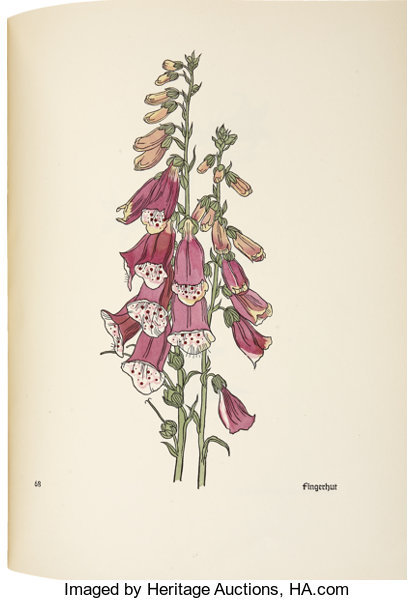
Rudolf Koch, Das Blumenbuch, drawings and wood engravings by Fritz Kredel.
2 notes
·
View notes
Photo
Rudolf Koch: Das Blumenbuch, drawings and wood engravings by Fritz Kredel.

Löwenzahn. Dandelion. Das Blumenbuch. v.1. 1929.
Internet Archive
4K notes
·
View notes
Link
#andersen's fairy tales#fairy tales#children's books#fritz kredel#heritage press#Children's#books#Books and Literature#books and reading#bedtime story#classic fairytales#illustrated books#bookish#booklove#book
0 notes
Photo
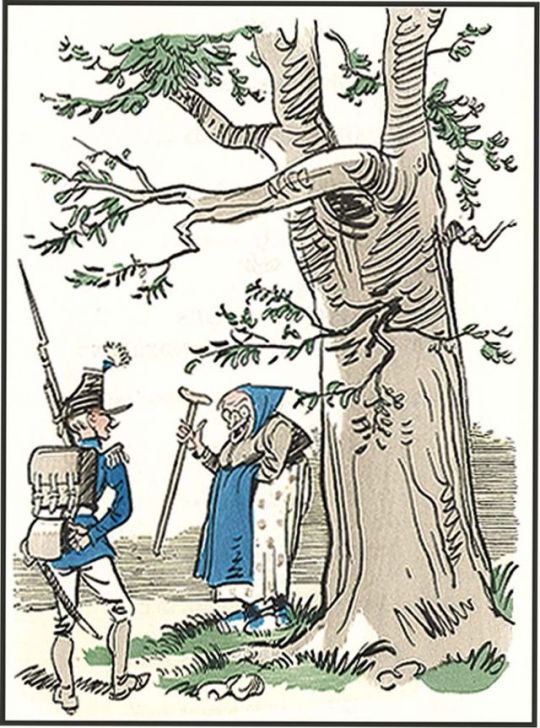
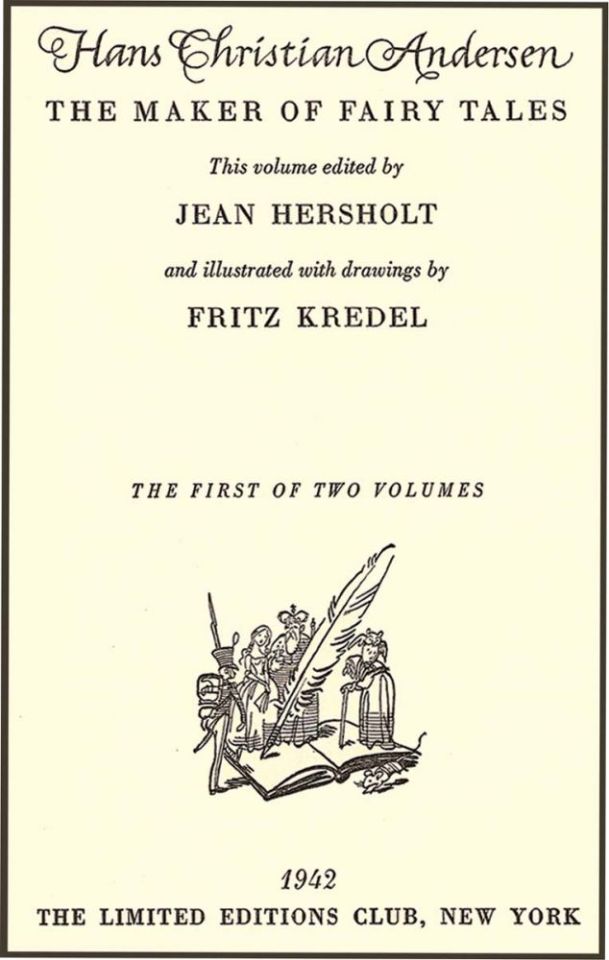
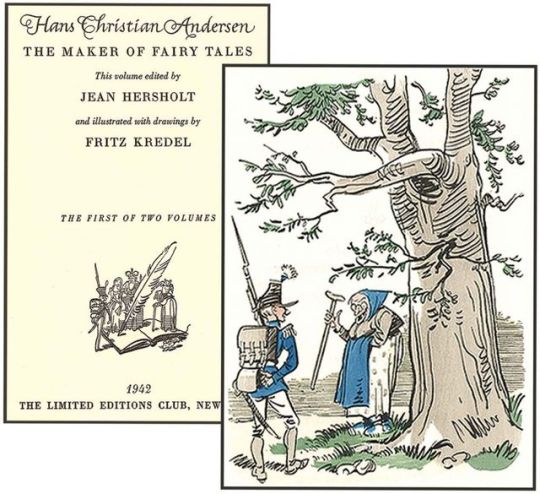
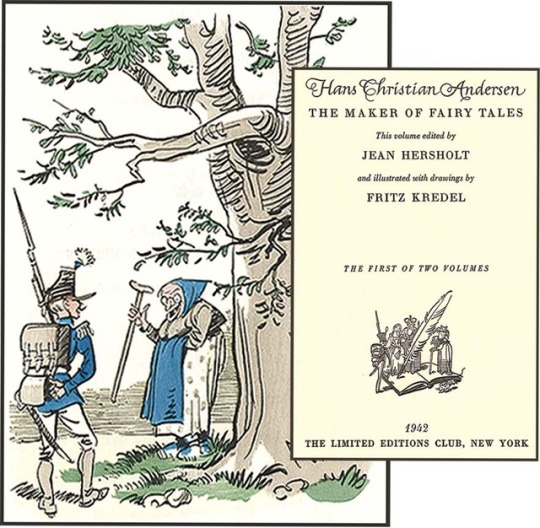
ANDERSEN, HANS CHRISTIAN (KREDEL, FRITZ) illus. CONTES DE FÉES https://www.alephbet.com/pages/books/29819/hans-christian-andersen/fairy-tales ANDERSEN, HANS CHRISTIAN. CONTES DE FÉES. NY : Limited Editions Club 1942. 2 volumes, grand 8vo, tableaux illustrés à dos de tissu, 180, 399p.,
#kredel fritz#contes andersen#fairy tales#hans christian andersen#contes et légendes#contes pour enfants#contes et légendes pour enfants#légendes pour enfants#legrenierdeslivres#1942s#2 volumes#livres illustrés pour enfants#livres illustrés
3 notes
·
View notes
Text
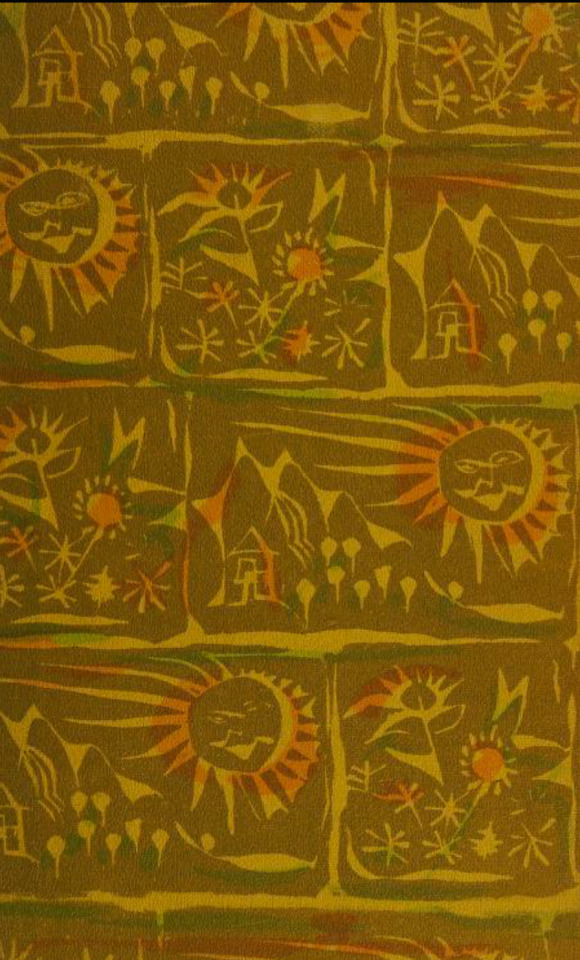
THE KING OF THE GOLDEN RIVER by John Ruskin. (Cleveland/New York: World Publishing, 1946) Illustrated by Fritz Kredel.
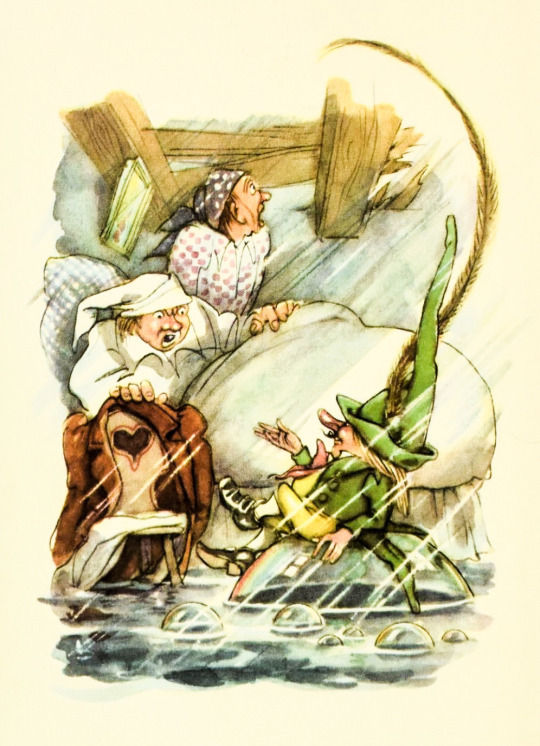
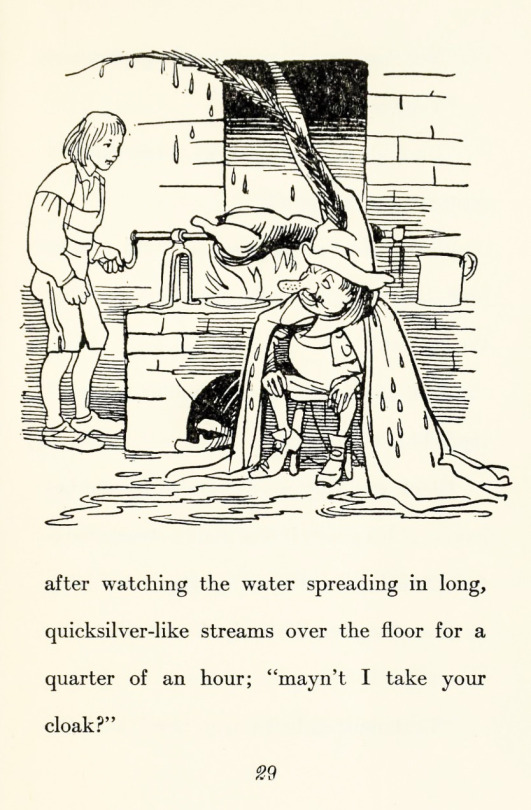
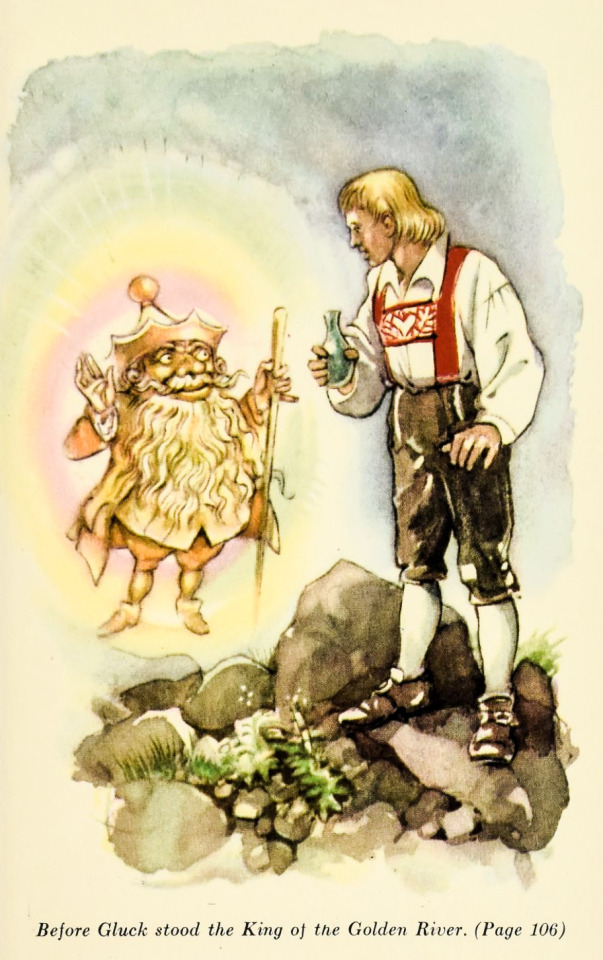
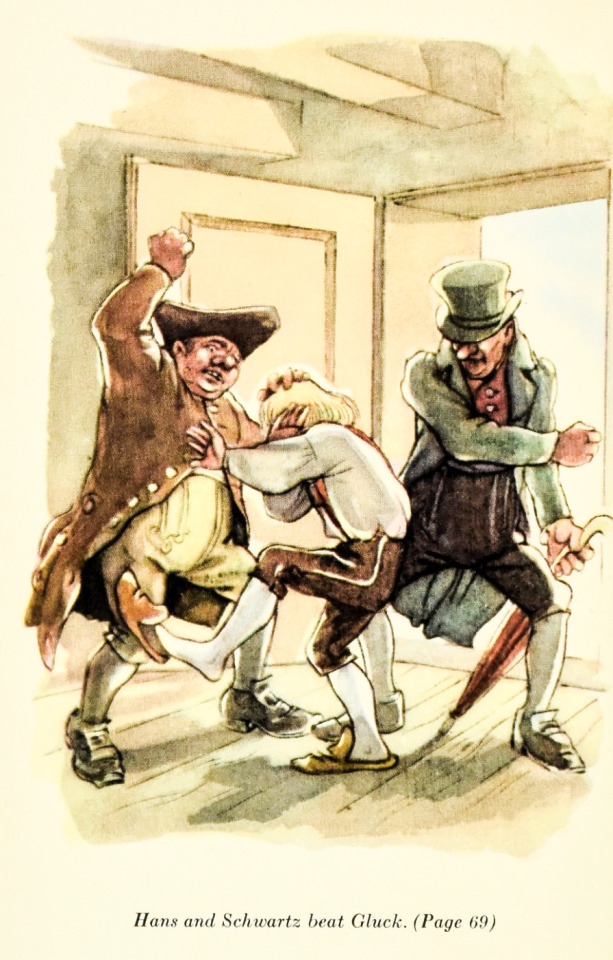
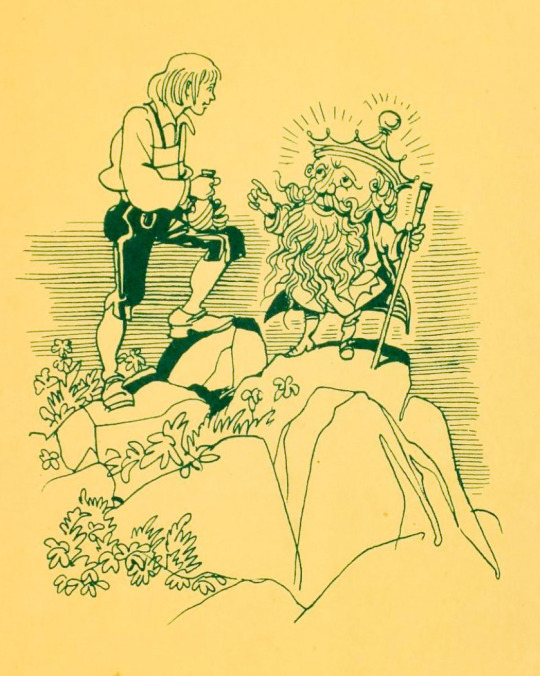
source
#beautiful books#book blog#books books books#book cover#books#illustrated book#vintage books#children’s book#john ruskin
5 notes
·
View notes
Text
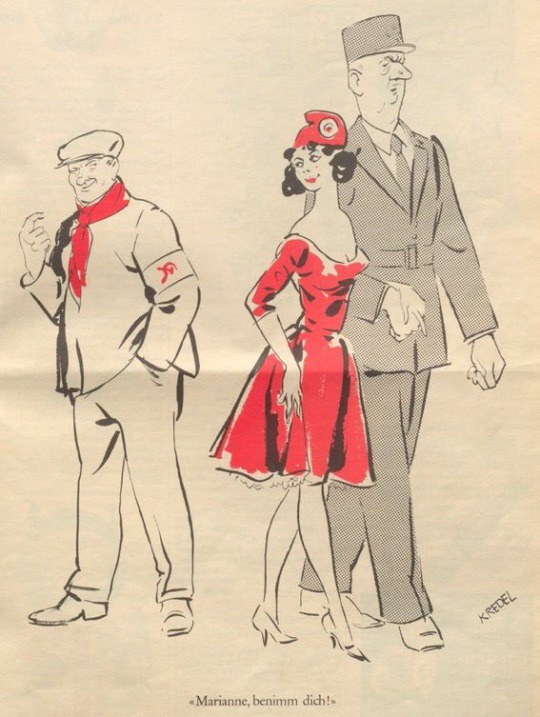
“Marianne, behave yourself!'' - Fritz Kredel, April 1969, Swiss cartoon from ''Nebelspalter'' magazine.
#communism #comunismo #Mariana comunista #cartoon #art #propaganda #mulheres
2 notes
·
View notes
Text
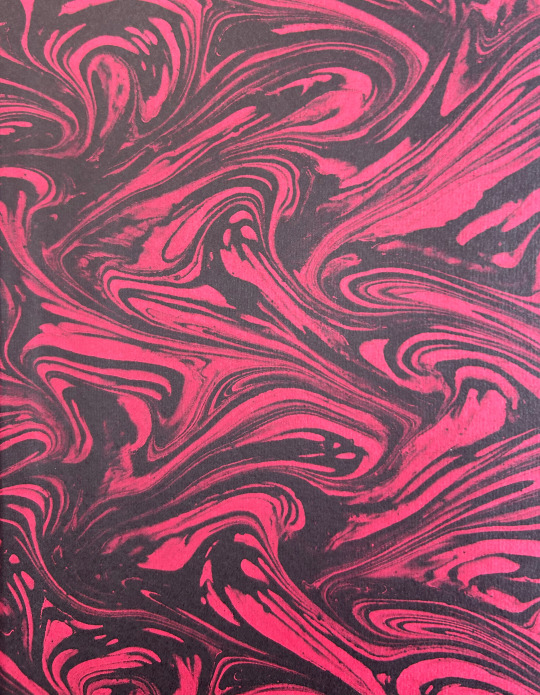
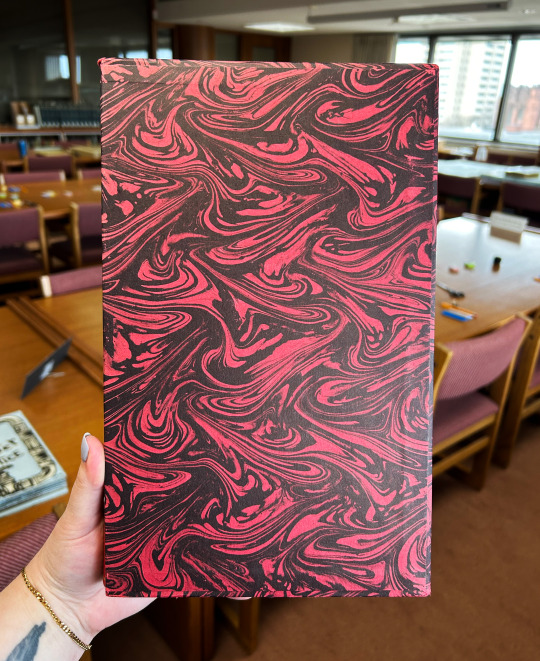
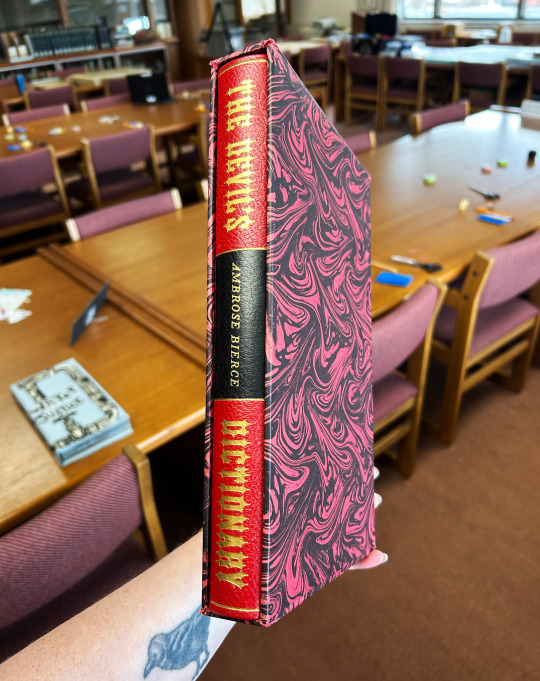
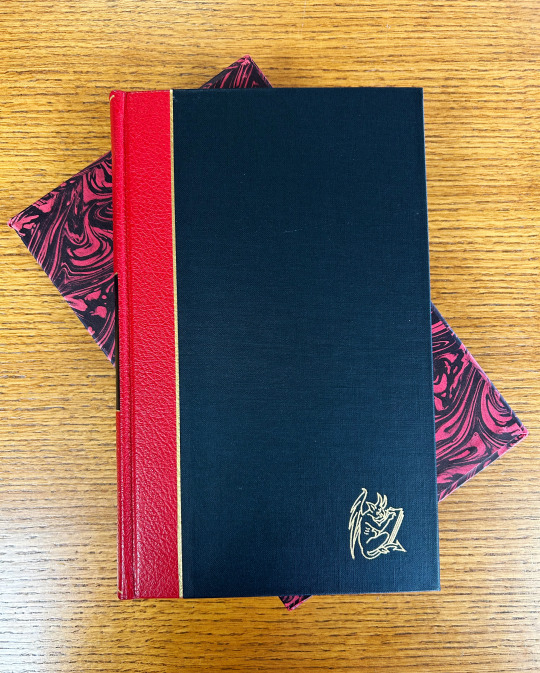
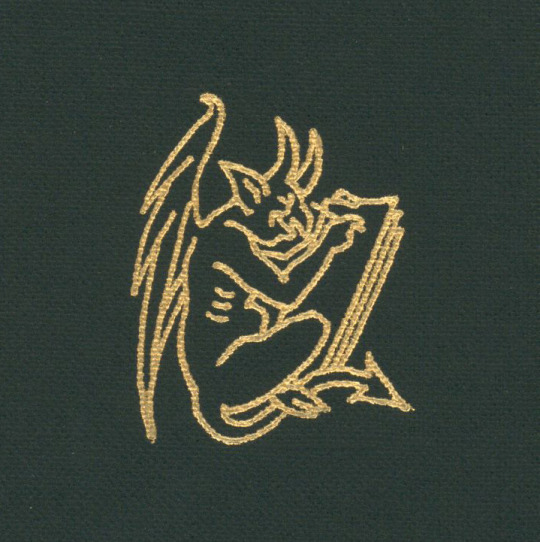
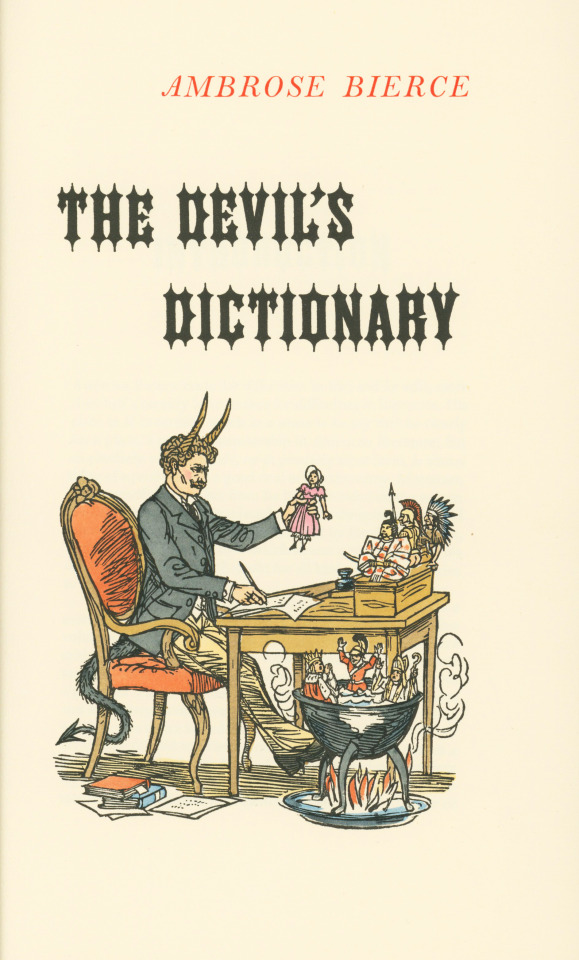
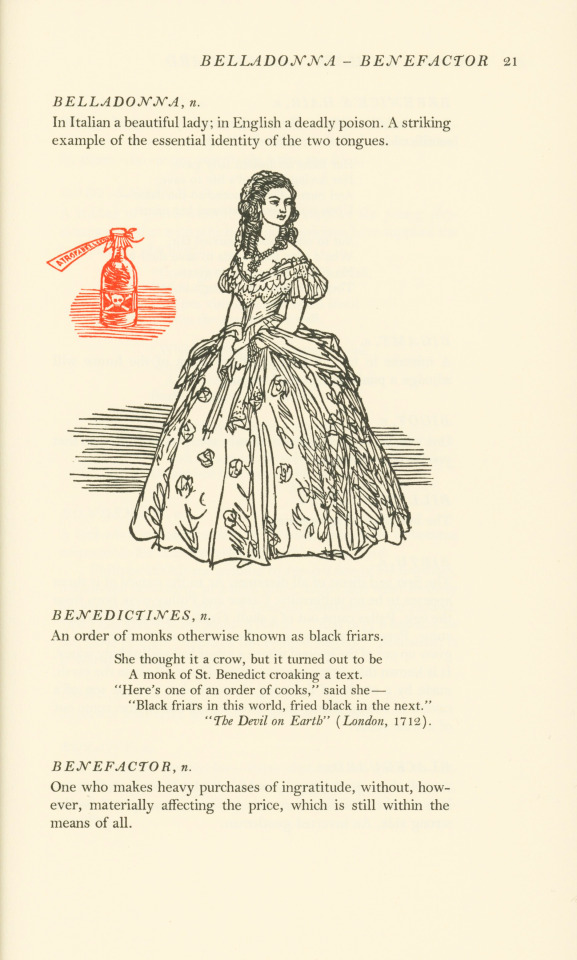
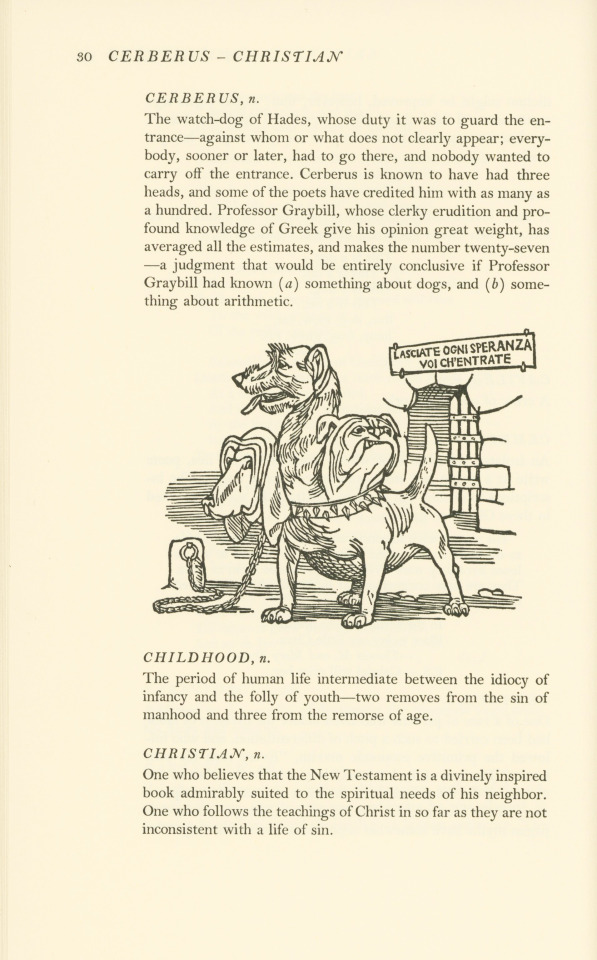
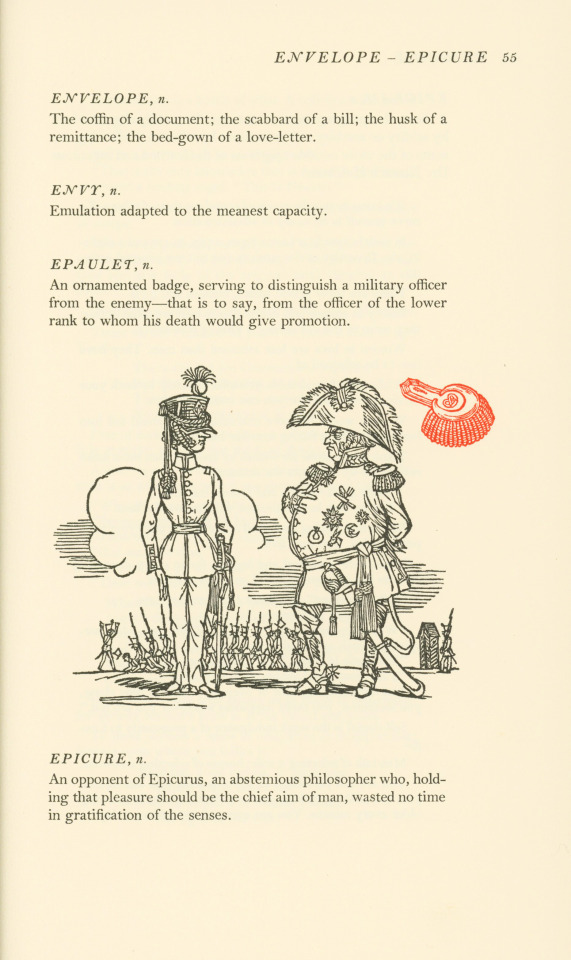
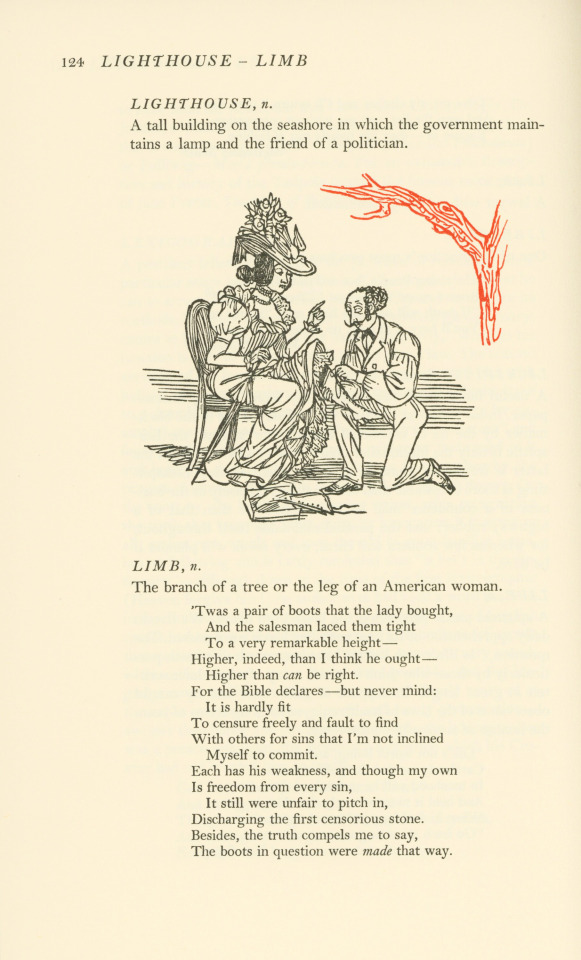
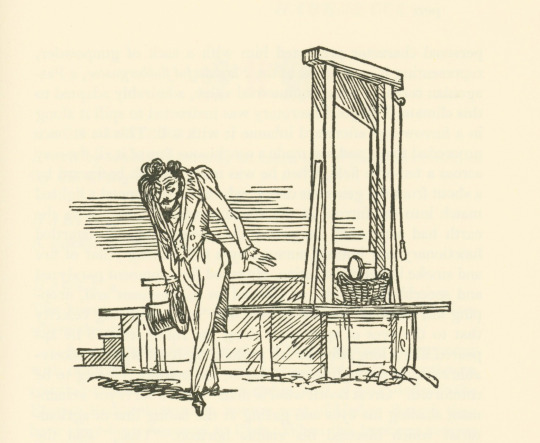
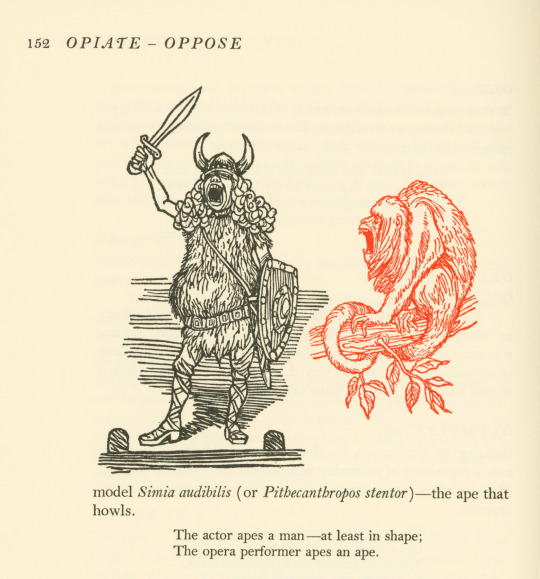
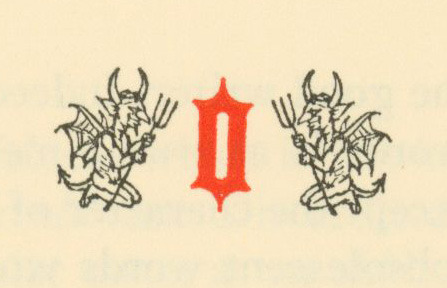
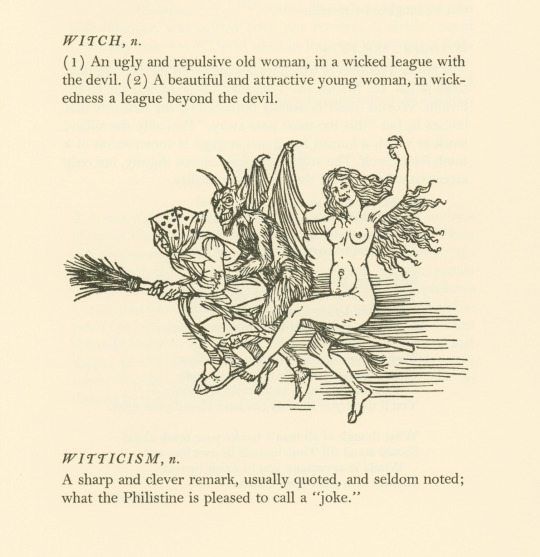
Marbled Monday
This marbled Monday we're sharing the devilishly delightful book The Devil's Dictionary by American short story writer, poet, and journalist Ambrose Bierce (1842-1914?). A widely influential writer of many sorts, Bierce disappeared in Mexico in 1913, so the actual date and circumstances of his death are unknown. The Devil's Dictionary is a satirical dictionary consisting of humorous definitions and is considered one of the best pieces of satirical humor to come out of the United States.
This edition was published in 1972 by the Limited Editions Club and features woodcut illustrations and devilish ornaments by German artist Fritz Kredel (1900-1973). The marbled paper used for the endpapers and the slipcase are patterned using a fantasy design in red and black that is described as a "harmonizing flame pattern" in the prospectus. Our copy is from the collection of Austin Frederic Lutter and includes his bookplate.
View more Marbled Monday posts.
-- Alice, Special Collections Department Manager
#Marbled Monday#The Devil's Dictionary#Ambrose Bierce#Limited Editions Club#Fritz Kredel#woodcuts#marbling#marbled paper#fantasy pattern#the devil#dictionaries#LEC
139 notes
·
View notes
Text
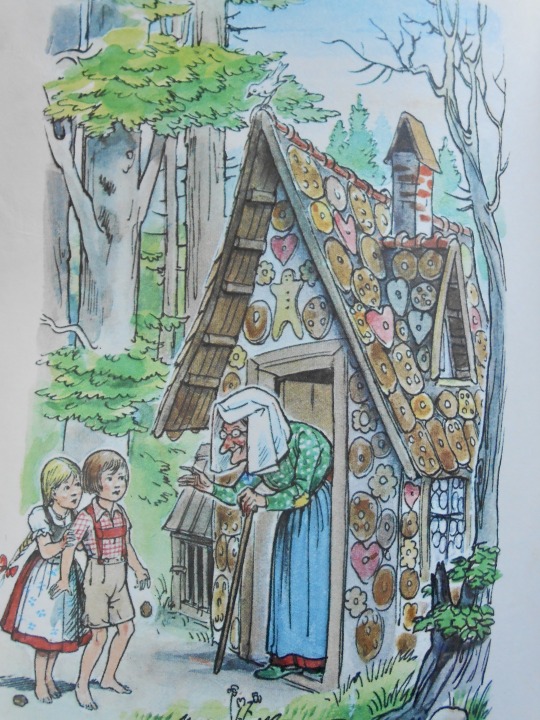
Hansel & Gretel
0 notes
Text
SIXTH STORY: THE LAPLAND WOMAN AND THE FINLAND WOMAN
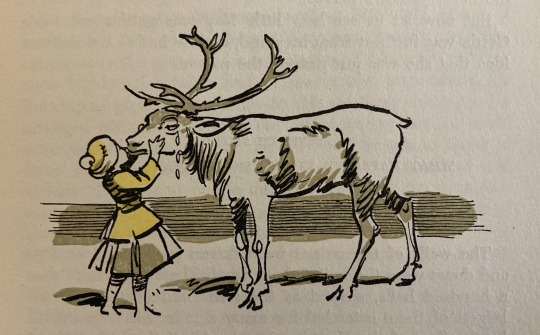
(Over the next seven weeks, I’ll be posting both the text of the Snow Queen, and my thoughts on it. This is the text of the sixth section. All text comes from the public domain translation of Andersen’s works edited by J. H. Stickney and published in 1886. Today's illustration is by Fritz Kredel.)
They stopped at a little hut; it was very mean looking. The roof sloped nearly down to the ground, and the door was so low that the family had to creep in on their hands and knees when they went in and out. There was no one at home but an old Lapland woman who was dressing fish by the light of a train-oil lamp.
The reindeer told her all about Gerda's story after having first told his own, which seemed to him the most important. But Gerda was so pinched with the cold that she could not speak.
"Oh, you poor things," said the Lapland woman, "you have a long way to go yet. You must travel more than a hundred miles farther, to Finland. The Snow Queen lives there now, and she burns Bengal lights every evening. I will write a few words on a dried stockfish, for I have no paper, and you can take it from me to the Finland woman who lives there. She can give you better information than I can."
So when Gerda was warmed and had taken something to eat and drink, the woman wrote a few words on the dried fish and told Gerda to take great care of it. Then she tied her again on the back of the reindeer, and he sprang high into the air and set off at full speed. Flash, flash, went the beautiful blue northern lights the whole night long.
And at length they reached Finland and knocked at the chimney of the Finland woman's hut, for it had no door above the ground. They crept in, but it was so terribly hot inside that the woman wore scarcely any clothes. She was small and very dirty looking. She loosened little Gerda's dress and took off the fur boots and the mittens, or Gerda would have been unable to bear the heat; and then she placed a piece of ice on the reindeer's head and read what was written on the dried fish. After she had read it three times she knew it by heart, so she popped the fish into the soup saucepan, as she knew it was good to eat, and she never wasted anything.
The reindeer told his own story first and then little Gerda's, and the Finlander twinkled with her clever eyes, but said nothing.
"You are so clever," said the reindeer; "I know you can tie all the winds of the world with a piece of twine. If a sailor unties one knot, he has a fair wind; when he unties the second, it blows hard; but if the third and fourth are loosened, then comes a storm which will root up whole forests. Cannot you give this little maiden something which will make her as strong as twelve men, to overcome the Snow Queen?"
"The power of twelve men!" said the Finland woman. "That would be of very little use." But she went to a shelf and took down and unrolled a large skin on which were inscribed wonderful characters, and she read till the perspiration ran down from her forehead.
But the reindeer begged so hard for little Gerda, and Gerda looked at the Finland woman with such tender, tearful eyes, that her own eyes began to twinkle again. She drew the reindeer into a corner and whispered to him while she laid a fresh piece of ice on his head: "Little Kai is really with the Snow Queen, but he finds everything there so much to his taste and his liking that he believes it is the finest place in the world; and this is because he has a piece of broken glass in his heart and a little splinter of glass in his eye. These must be taken out, or he will never be a human being again, and the Snow Queen will retain her power over him."
"But can you not give little Gerda something to help her to conquer this power?"
"I can give her no greater power than she has already," said the woman; "don't you see how strong that is? how men and animals are obliged to serve her, and how well she has gotten through the world, barefooted as she is? She cannot receive any power from me greater than she now has, which consists in her own purity and innocence of heart. If she cannot herself obtain access to the Snow Queen and remove the glass fragments from little Kai, we can do nothing to help her. Two miles from here the Snow Queen's garden begins. You can carry the little girl so far, and set her down by the large bush which stands in the snow, covered with red berries. Do not stay gossiping, but come back here as quickly as you can." Then the Finland woman lifted little Gerda upon the reindeer, and he ran away with her as quickly as he could.
"Oh, I have forgotten my boots and my mittens," cried little Gerda, as soon as she felt the cutting cold; but the reindeer dared not stop, so he ran on till he reached the bush with the red berries. Here he set Gerda down, and he kissed her, and the great bright tears trickled over the animal's cheeks; then he left her and ran back as fast as he could.
There stood poor Gerda, without shoes, without gloves, in the midst of cold, dreary, ice-bound Finland. She ran forward as quickly as she could, when a whole regiment of snowflakes came round her. They did not, however, fall from the sky, which was quite clear and glittered with the northern lights. The snowflakes ran along the ground, and the nearer they came to her the larger they appeared. Gerda remembered how large and beautiful they looked through the burning glass. But these were really larger and much more terrible, for they were alive and were the guards of the Snow Queen and had the strangest shapes. Some were like great porcupines, others like twisted serpents with their heads stretching out, and some few were like little fat bears with their hair bristled; but all were dazzlingly white, and all were living snowflakes.
Little Gerda repeated the Lord's Prayer, and the cold was so great that she could see her own breath come out of her mouth like steam, as she uttered the words. The steam appeared to increase as she continued her prayer, till it took the shape of little angels, who grew larger the moment they touched the earth. They all wore helmets on their heads and carried spears and shields. Their number continued to increase more and more, and by the time Gerda had finished her prayers a whole legion stood round her. They thrust their spears into the terrible snowflakes so that they shivered into a hundred pieces, and little Gerda could go forward with courage and safety. The angels stroked her hands and feet, so that she felt the cold less as she hastened on to the Snow Queen's castle.
But now we must see what Kai is doing. In truth he thought not of little Gerda, and least of all that she could be standing at the front of the palace.
1 note
·
View note
Text
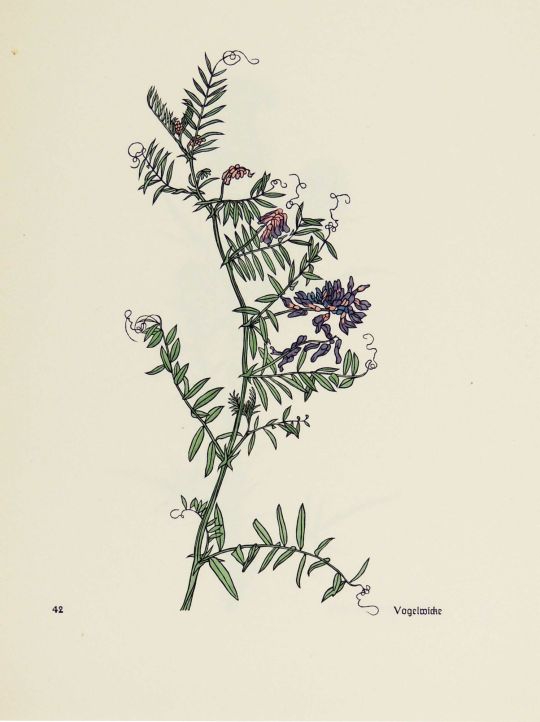
Rudolf Koch: Das Blumenbuch. drawings, wood engravings by Fritz Kredel.
1 note
·
View note
Photo

Saint John the Evangelist Christian Symbols by Koch Rudolf, and Fritz Kredel
#saint john#evangelist#john of patmos#john the evangelist#john the apostle#symbol#christian symbols#gospel#new testament#jesus#christ#religion#christianity#catholicism
53 notes
·
View notes
